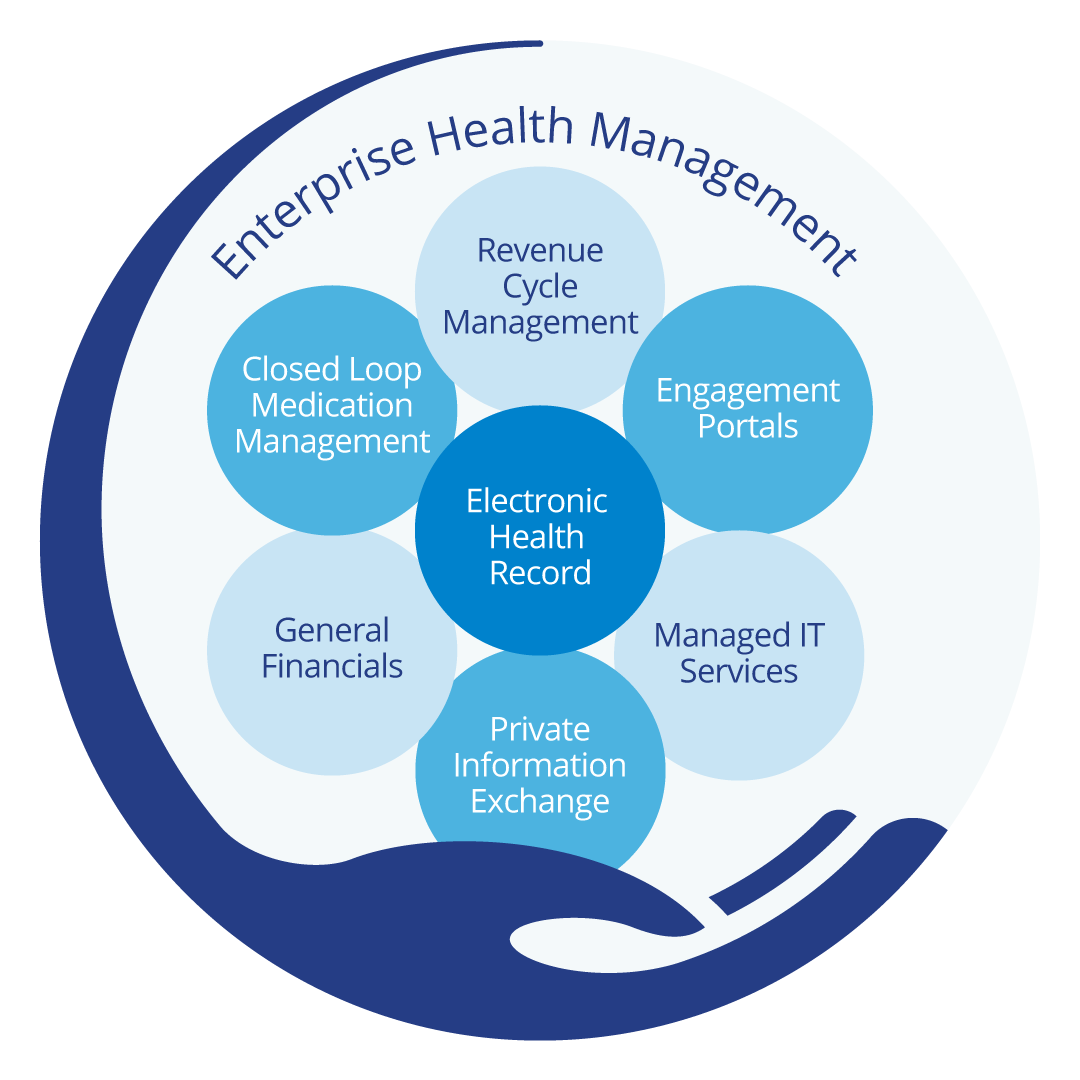We Serve Providers of
Behavioral Health and Human Services
Behavioral Health and Human Services is a complex market for providers to manage, ranging from Mental Health, Substance Use Disorder, Child and Family, Vocational, Intellectual and Developmental Disabilities, Foster Care, and Social Services. These organizations have an important role to play by supporting the well-being of people of all ages with specific and unique needs. Providers today are relying on their electronic health records to perform functionality that goes beyond its capability. You need an integrated system that makes data meaningful—you need an Enterprise Health Management Solution.
Cantata Health includes an intuitive Electronic Health Record, allowing providers to manage referrals, schedule appointments, track and run reports on clients’ progress, view paid and unpaid services, and much more.
Clinicians can easily track clients’ prescriptions through our integrated Medication Management solution. Equipped with eMAR, CPOE, and Inventory Management, clinicians can streamline order entry and prevent administration errors at bedside.
We can provide IT services to Human Service organizations to help them maximize their technology investment, increase staff efficiency, reduce operational costs, and get the full picture of a patient’s health across every point of care.

Cantata has a long history of serving organizations in the Behavioral Health Human Services community. Our Enterprise Health Management Solution incorporates all facets of care, from Intake forms, Assessments, and Medication Administration, to Billing, Accounts Payable, and General Financials. Don’t take our word for it.
See what our clients are saying about us!
After test-driving Arize for just one day, we know that Arize was the most comprehensive and easy-to-use EHR solution focused on the needs of the health and human services industry.
Learn more about our functional capabilities.
Electronic Health Records
Closed Loop Medication Management
Private Information Exchange
Revenue Cycle Management
Engagement Portals
Managed IT Services

